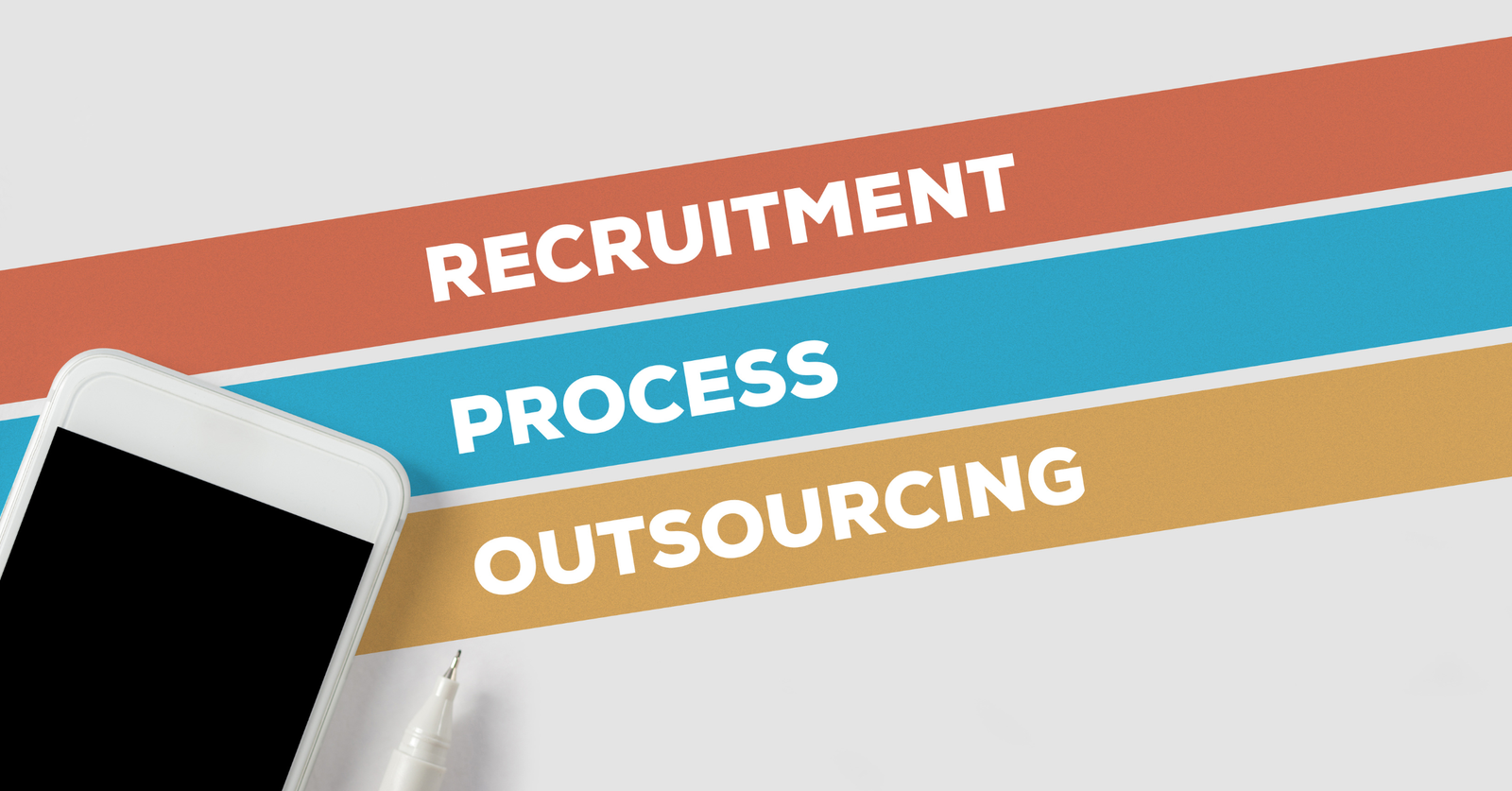Creating a CV is a key part of applying for jobs. While it’s important to highlight your skills and experiences, knowing what to leave out is just as crucial. Including unnecessary or inappropriate details can hurt your chances and leave a bad impression on employers. Here’s a simple guide on ten things you should avoid including on your CV to keep it professional and effective.
1. Personal Information
Provide basic contact details but skip overly personal information like your full address, marital status, religion, or social security number. These aren’t needed for job applications and could lead to discrimination or privacy concerns.
2. Unprofessional Email Addresses
Make sure your email address sounds professional. Avoid nicknames, slang, or funny phrases. For example, use a simple combination of your first and last name instead of something like “partygirl2024@example.com.”
3. Irrelevant Work Experience
Don’t list every job you’ve ever had. Focus on work experiences that are relevant to the job you’re applying for. Tailoring your CV to each job can highlight your most important qualifications.

4. Excessive Jargon and Buzzwords
While it’s good to show your expertise, avoid overloading your CV with industry jargon and buzzwords. Use clear, simple language to describe your skills and experiences.
5. Unrelated Hobbies and Interests
Only include hobbies and interests if they relate to the job or add value to your application. Focus on activities that showcase skills like leadership, teamwork, or a passion for the industry.
6. Photographs
Unless a job specifically asks for a photo (like in acting or modeling), it’s best not to include one. A photo can lead to unconscious bias. Let your skills and experience speak for themselves.
7. Salary Information
Don’t mention your salary expectations or history on your CV. This is something to discuss during the interview or negotiation stages. Mentioning it too soon can limit your options or disqualify you if your expectations are too high or too low.
8. Negative Language or Criticisms of Past Employers
Keep a positive tone throughout your CV. Avoid speaking negatively about past experiences or employers. Focus on what you learned and the positive aspects of your experiences.
9. Long Paragraphs and Dense Text
Recruiters often skim through CVs, so make yours easy to read. Avoid long paragraphs and dense text. Use bullet points, clear headings, and short sentences to make important information stand out.
10. Outdated or Irrelevant Skills
Keep your CV up to date with current skills. Don’t include outdated technologies or irrelevant skills, as they can make you seem out of touch. Focus on skills that are relevant to the job you’re applying for.
Conclusion
Creating a professional CV is more than just listing your experiences and qualifications. By avoiding these common mistakes, you can create a CV that presents you in the best light and increases your chances of getting the job you want. Your CV is your first chance to make a great impression, so make sure it’s a positive one!
Learn more: How to Write a Cover Letter: A Step-by-Step Guide





